Review: JITNEY at Arkansas Repertory Theatre
This intense play runs through Sunday, Aug. 18
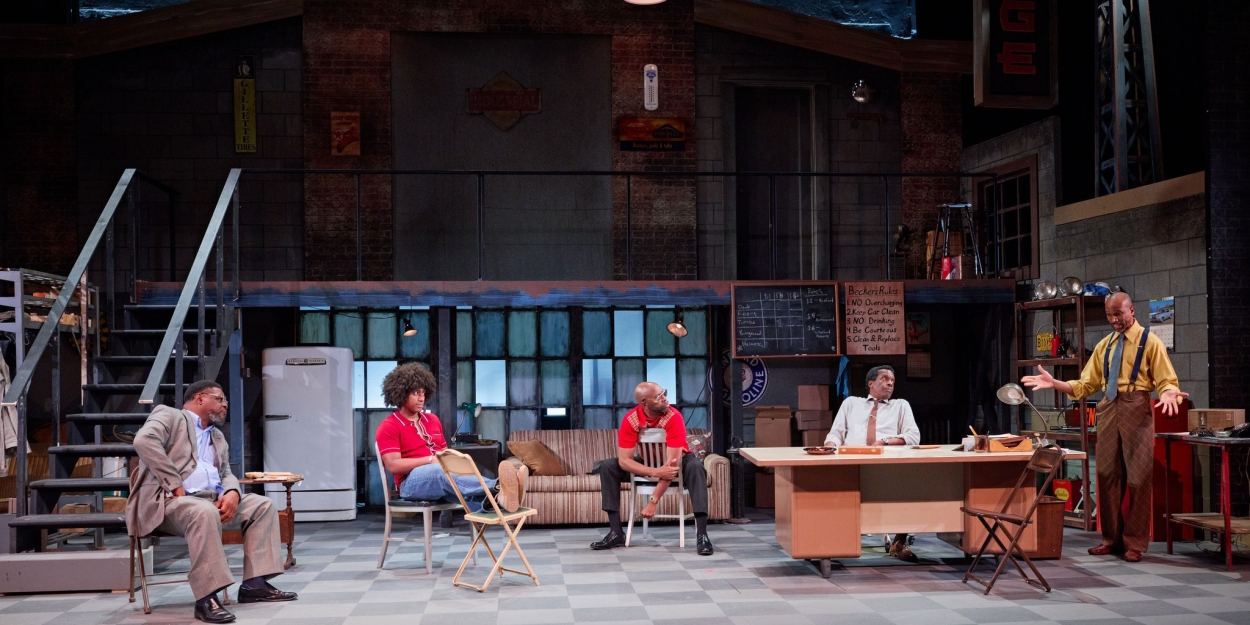
Arkansas Repertory Theatre, 601 Main St, in Little Rock, brings another powerful story to the stage with their newest production of August Wilson’s JITNEY, which runs now through Sunday, August 18. Directed by Ken Matt Martin, this incredible ensemble piece delves into the personal struggles of a group of African American men who run an unlicensed taxi service in the 1970s in the Pittsburgh's Hill District. It’s intense, it’s mesmerizing, and the story will stay with you for a long time.
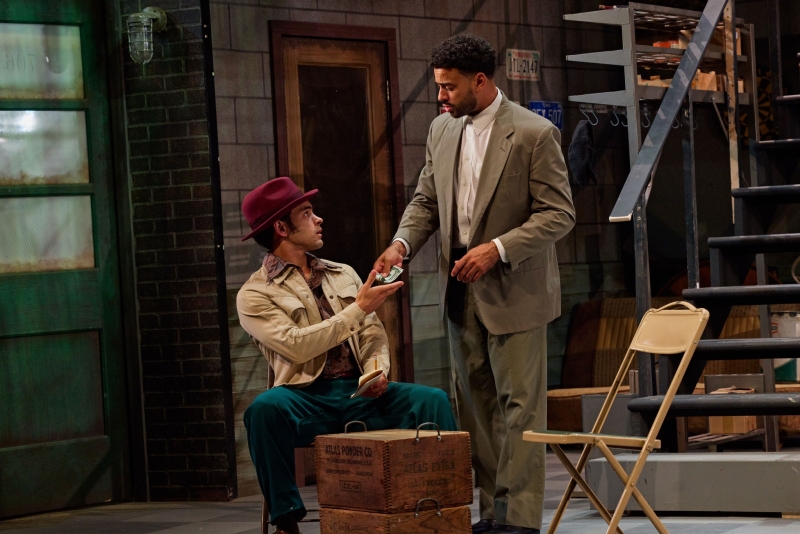
Photo Credit: Matthew Sewell Photography
JITNEY station boss Becker (Robert Cornelius) manages a group of drivers—Youngblood (Victor Musoni), a war vet working hard for his family, Turnbo (Anthony Irons), a gossipy hothead that likes to stay in everyone’s business, especially Youngblood’s, Fielding (Aaron Smith), an alcoholic who cleans up nice, and Doub (Steve H. Broadnax III), an older war vet who makes his coworkers question their decisions. In and out of the station is Shealy (Will Adams), a bookie who gets his calls on the Jitney phone, Philmore (Keith Harper/us Taijee), a frequent passenger who is trying to get a woman’s face out of his mind, and Rena (Ireon Roach), Youngblood’s girlfriend. Then there is Becker’s son Booster (Ryan Broussard) who just got out of prison after serving for 20 years.
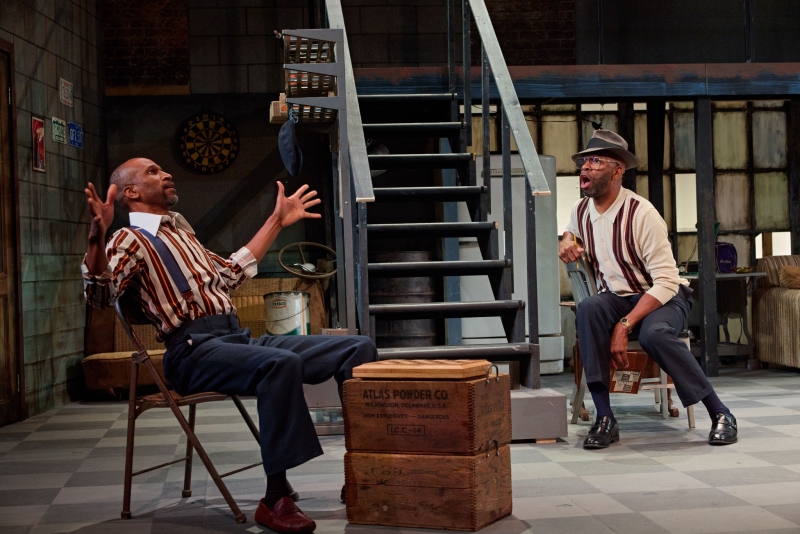
Photo Credit: Matthew Sewell Photography
Did I already say that this was intense? Well, it was, and funny, with some sweet moments. These actors were pros. Seriously, even when a mishap happened (I will explain in a moment), they were dedicated to the scenes. The dynamics between them all were fueled with passion. Everyone in the audience was invested in this story.
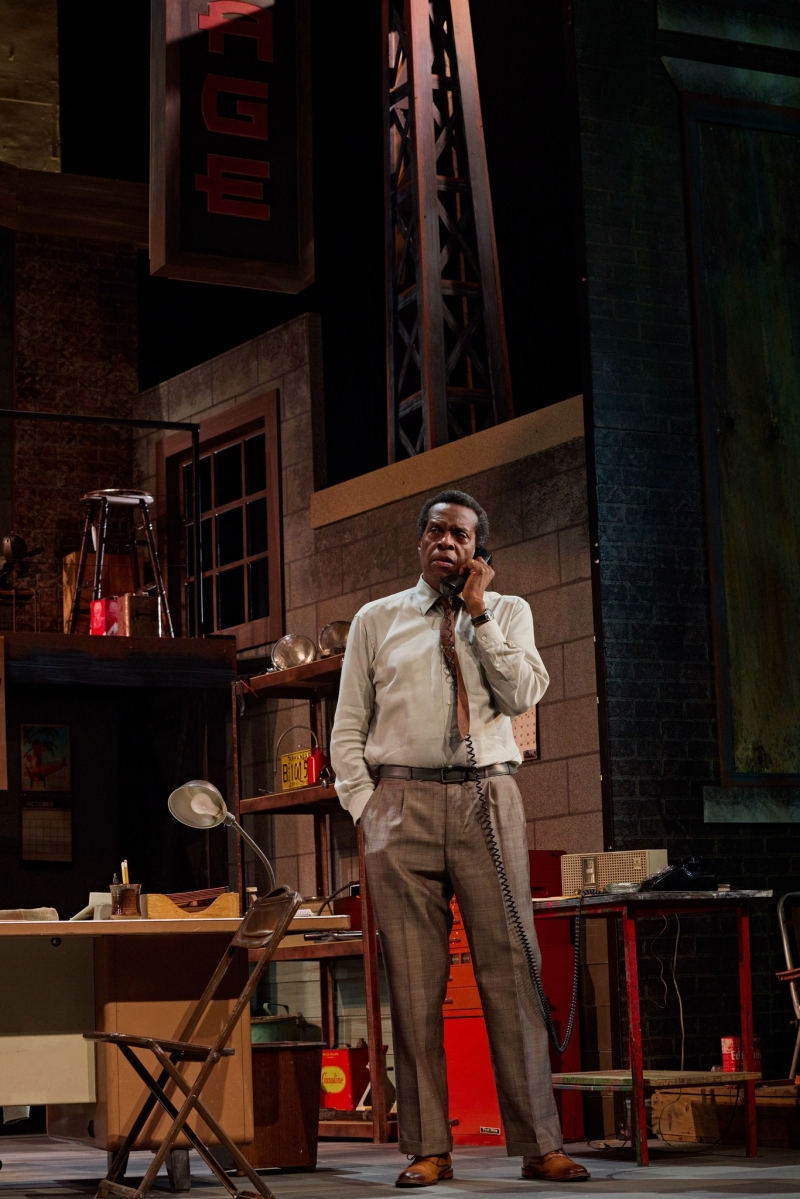
Photo Credit: Matthew Sewell Photography
Cornelius’ Becker assumed the fatherly role except to his own son. He was mad and had so much pent-up resentment to Booster. Broussard’s Booster took it all in even though he was sort of proud of the crime.
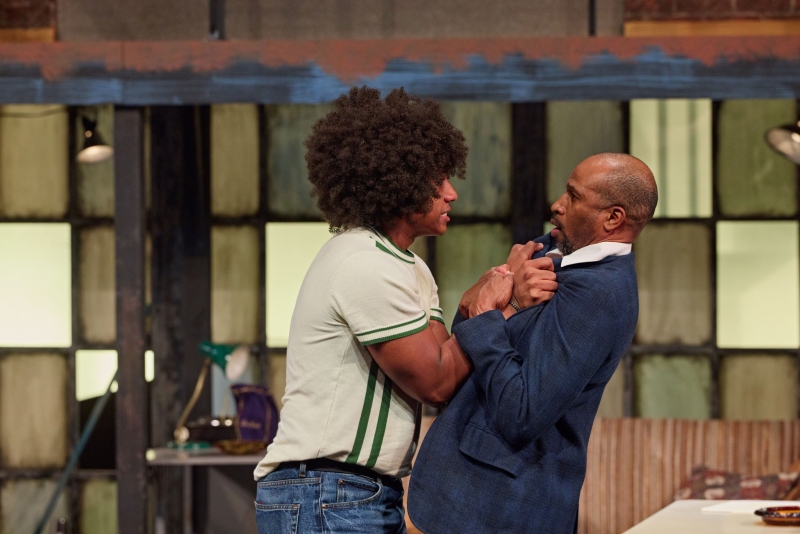
Photo Credit: Matthew Sewell Photography
Musoni embraced his eager beaver Youngblood. You could tell by the energy he was giving off that he wanted to do right his family. His relationship with Roach’s Rena was rocky at first, but when he finally told her his plans, it went from sweet to a bit fiery. However, the chemistry that was even better to watch was with Irons’ Turnbo. Now that was heated.....so much so that during the performance I caught, they were so into threatening each other, that Musoni threw down his weapon (I don’t know—crowbar maybe?), and it broke and flew into the audience. I don’t know if it actually hit the lady in the front row, but the actors yelled ‘hold’, and Irons, who was holding a gun, jumped off the stage to check on her. When he was satisfied that she was ok, he yelled at Musoni that she was ok, but he wasn’t going to be, and the entire audience about died right there. I don’t know if the woman was more surprised about the weapon flying at her or that Irons was checking on her, but it was great! That was the best collective audience experience I’ve had in a long time. My starry-heart eyes go to those guys in that scene.

One of the biggest reactions from the audience came when Smith’s Fielding came out dressed in a tailored suit. All the women were catcalling him. It was a beautiful transformation, not to mention that he was just fun to watch.
The costumes and set design are authentic and immersive portrayal of the 1970s Pittsburgh setting. The costumes are meticulously designed to reflect the era and socio-economic status of the characters. They have accurate representations of clothing styles, such as casual button-down shirts, work jackets, and worn jeans. The set was massive with two levels. The bottom area had a street entrance, as well as designated areas for lounging, and a desk to take phone calls. I’m not sure where the second level went, but they utilized the stairs a lot and went out the door at the top. The walls seemed worn to indicate a rundown building, and I was super impressed with the lighting along the walls. It made for a cool visual effect.
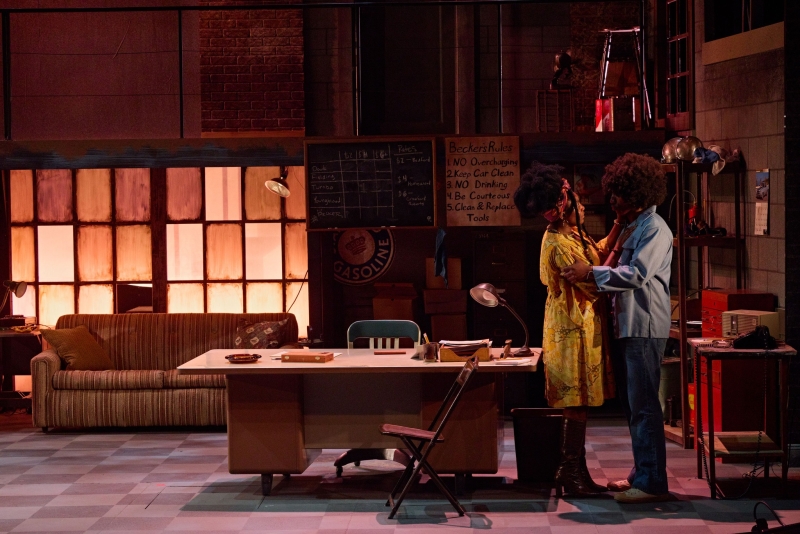
Photo Credit: Matthew Sewell Photography
The play's exploration of economic hardship and systemic barriers faced by African American communities remains pertinent. Issues of poverty, unemployment, and economic inequality are still pressing concerns today, making the play’s depiction of these struggles highly relatable. You don’t want to miss it. For more information, visit their website at therep.org.
Creative Team: Scenic Designer-Sydney Lynne, Costume Designer-Celeste Jennings, Lighting Designer-Levi J. Wilkins, Sound Designer-Jeremiah Davison, Wig Designer-Jenea Jorgan, Production Stage Manager-Kaila Madison, Artistic Fellow-Caelon Colbert.
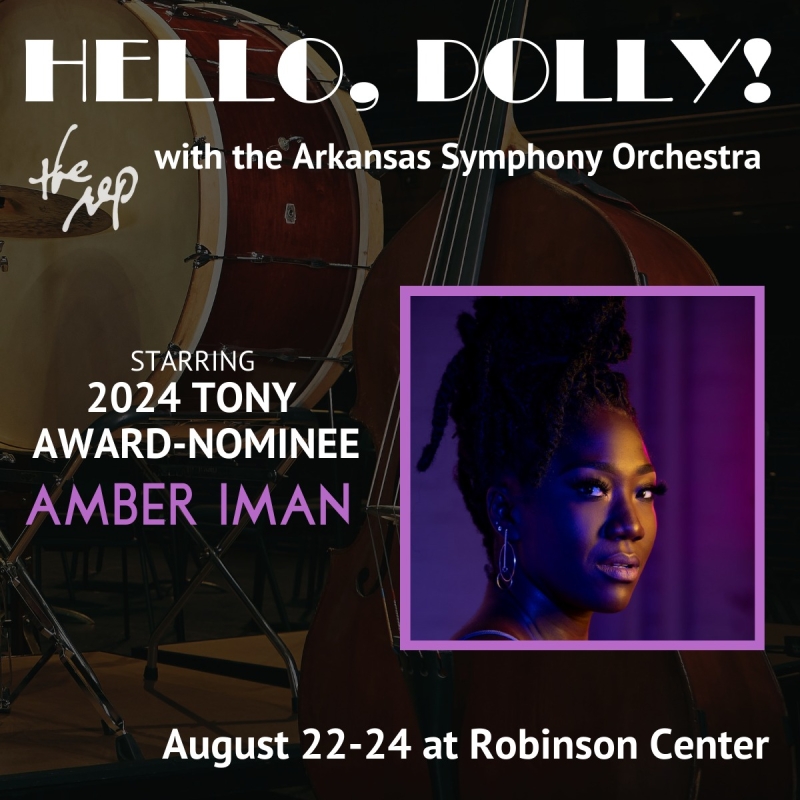
Reader Reviews

Videos

